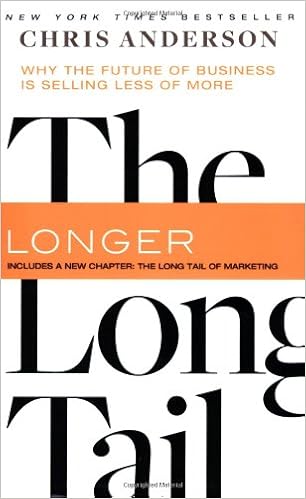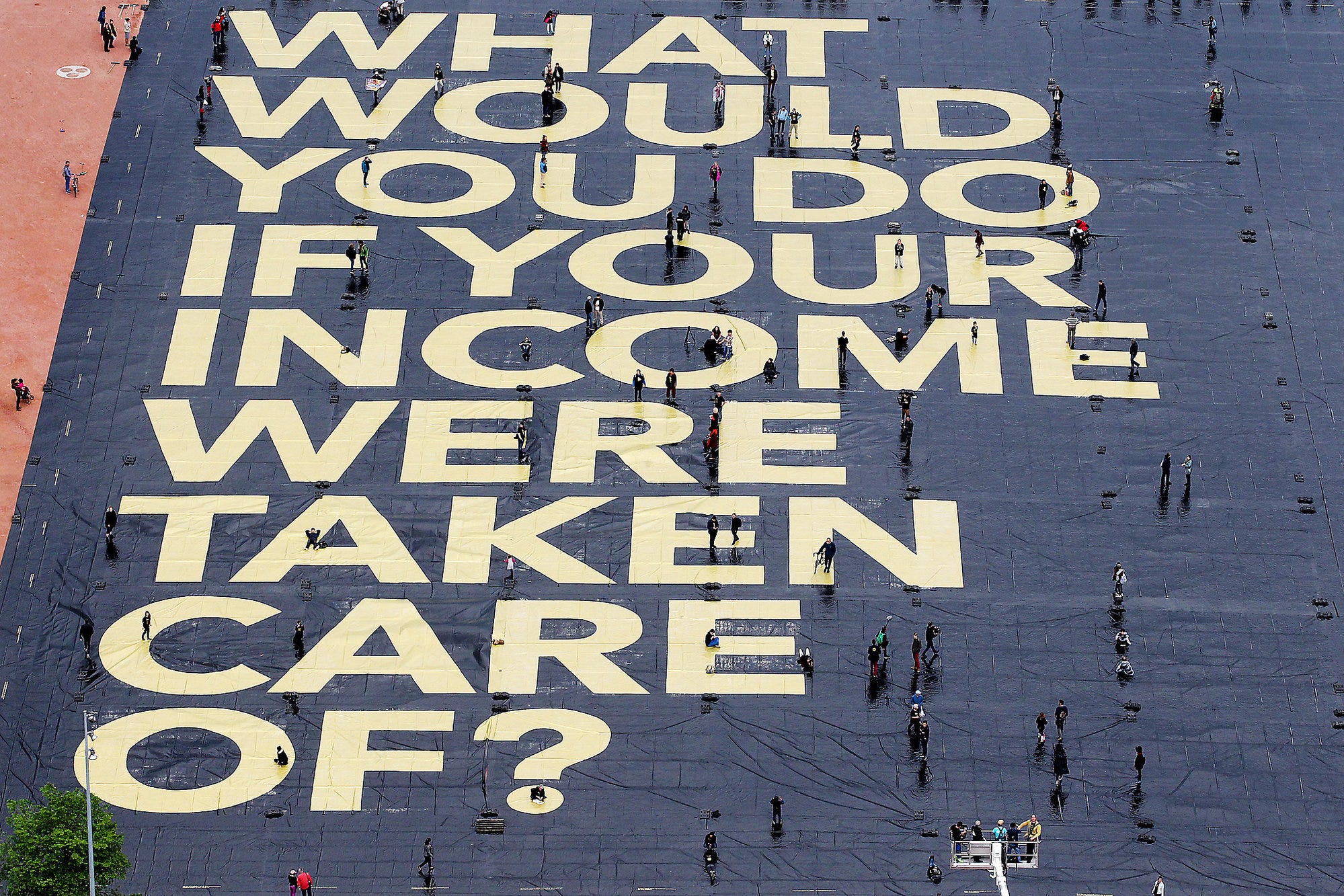 I can't believe the year is already winding down! For Jaiman, Carly and I, this has been another year of big changes and big blessings, through another fantastic international vacation, a big move, new jobs, a hundred-year hurricane, and the outpouring of support to recover.
I can't believe the year is already winding down! For Jaiman, Carly and I, this has been another year of big changes and big blessings, through another fantastic international vacation, a big move, new jobs, a hundred-year hurricane, and the outpouring of support to recover. We started the year off still living in Stamford, CT where Henkel had moved us to in June 2017. From our nearby train station, we were able to get into Manhattan in about 50 minutes on the express train. We took full advantage of our proximity to the Big Apple, from seeing Broadway shows including Charlie and the Chocolate Factory and Dear Evan Hansen (not to mention off-Broadway shows like Spamilton), to taking in the sites (and eats!!) of New York City. We also used our location in the Northeast as a launching point for some fantastic
 road trips, including a very cold Ice Wine Festival in Canada in January! In April, we road tripped up to Bethlehem, New Hampshire for a maple sugaring experience that was truly magical, swinging through Vermont on the way back to stop by a favorite brewery of mine (Magic Hat) and a little ice cream maker called Ben & Jerry's.
road trips, including a very cold Ice Wine Festival in Canada in January! In April, we road tripped up to Bethlehem, New Hampshire for a maple sugaring experience that was truly magical, swinging through Vermont on the way back to stop by a favorite brewery of mine (Magic Hat) and a little ice cream maker called Ben & Jerry's. We weathered the cold for maybe a bit too late into what should have been spring, but enjoyed walking around downtown Stamford, and we made some good friends through our Pokemon Go community. We had a great time when both my sisters and all three kids came to visit, treating them to the amazingness that is hot oil pizza (a CT special), doing Tim Tam Slams, visiting Stew Leonard's and a daytrip to NYC for off-Broadway shows and other touristy adventures. We also hosted my parents and took them to both Yale and NYC, although I think my Dad's favorite two things were the Black Raspberry Ice Water ("It's the perfect drink!") and hot oil pizza ("This is the pizza I always dreamed of but didn't know existed,") we introduced him to. We definitely made the most of our time in CT, and dearly miss a few aspects of it (like said hot oil pizza), but we knew long ago that we'd be moving back to warmer climates as soon as the right opportunity came.
In May, I had two such great opportunities presented to me. I first flew to Dallas to interview with a dairy processing company for a job very similar to what I was already doing (Demand Management). I got to have dinner with Jaiman's sister, ReAnne, and we talked about the possibility of us moving to Dallas. I already had a flight booked to Florida when the offer came, but I was able to put making a decision off at least long enough to see what the aerospace company in Florida was all about. I flew to Panama City, Florida and interviewed with a VP whom I had enjoyed working with 10 years ago at Honeywell, and a GM who also had come from Honeywell. The job would be a HUGE challenge - building and managing the entire end-to-end supply chain for a greenfield site (basically, there was nothing in place yet). Panama City was not exactly the location we had in mind when we considered moving to Florida, but it had some beautiful beaches that won me over. On my way home, I sat next to a local on the plane, and asked him about hurricanes. His words assured me, "That
 devastation you see on the news, that only happens to that area once every hundred years. So unless you plan to be here for a hundred years, chances are you'll never see that." Without a second offer yet, I turned down the offer in Dallas. My risk was rewarded, I got the offer from GKN Aerospace Florida, and the gears started turning.
devastation you see on the news, that only happens to that area once every hundred years. So unless you plan to be here for a hundred years, chances are you'll never see that." Without a second offer yet, I turned down the offer in Dallas. My risk was rewarded, I got the offer from GKN Aerospace Florida, and the gears started turning. The timing of the move was a bit awkward, because we had planned a European cruise and vacation with my sister and nephew. So Jaiman flew to Panama City Beach to look for our new home while I wrapped things up at work, and I ended up leaving my job prior to the vacation. The realtor loved the worksheets I sent Jaiman with based on my initial search online, but ultimately, it was Jaiman who did a great job finding a beautiful new construction house for us in a private beach community very near where all the action is.
 Jaiman and I met up with Matthew and Christy in Venice, Italy. I think Venice was my favorite European city; it just seemed like every direction you can look is a fresh, picturesque view. We took a train from Venice to Rome where we stayed a night before checking into our cruise. The cruise took us to a number of other Italian cities before heading to France and finishing in Barcelona,
Jaiman and I met up with Matthew and Christy in Venice, Italy. I think Venice was my favorite European city; it just seemed like every direction you can look is a fresh, picturesque view. We took a train from Venice to Rome where we stayed a night before checking into our cruise. The cruise took us to a number of other Italian cities before heading to France and finishing in Barcelona,  Spain.The highlight for me in Spain was La Sagrada Familia, it was absolutely breathtaking! From there, we flew to Paris and really nailed the tourist thing as well as visiting Disneyland. We checked a number of things off my Life List during our trip, including a gondola ride, walking the ruins of Pompeii, going to the top of the Eiffel Tower, and visiting the Coliseum. It was my and Jaiman's first time in Europe, and Jaiman's first time on a cruise.
Spain.The highlight for me in Spain was La Sagrada Familia, it was absolutely breathtaking! From there, we flew to Paris and really nailed the tourist thing as well as visiting Disneyland. We checked a number of things off my Life List during our trip, including a gondola ride, walking the ruins of Pompeii, going to the top of the Eiffel Tower, and visiting the Coliseum. It was my and Jaiman's first time in Europe, and Jaiman's first time on a cruise.  Back in CT, we made our final preparations to move and had a few goodbye meals with our friends from Henkel and the Pokemon Go community, before making our way down south. I started my new job at GKN as Supply Chain Manager on July 16, and was already flying for work the following Monday. In
Back in CT, we made our final preparations to move and had a few goodbye meals with our friends from Henkel and the Pokemon Go community, before making our way down south. I started my new job at GKN as Supply Chain Manager on July 16, and was already flying for work the following Monday. In  fact, because I was traveling when our new house was ready, Jaiman got a great hand workout as he signed the closing documents for our house!
fact, because I was traveling when our new house was ready, Jaiman got a great hand workout as he signed the closing documents for our house!Since being in Florida, we've enjoyed not only swimming at the beach, often accompanied by the friendly fish, but also having dinner regularly at the many beachside restaurants, watching the sunset over the crystal clear water and clean, white "sugar" sand. Most places have some kind of a sunset celebration, either a sunset cannon or sunset bell, etc., and I like that they find a reason to celebrate something as regular as a sunset. It feels worlds away from the chaotic, maddening traffic and honking and screaming from downtown Stamford, and while work is hard, I can come home to a beautiful home and a beautiful beach.
Of course, you already know that our beautiful home and beautiful beach were threatened by what started as a tropical storm that was vaguely on my radar as I prepared to travel again. It became a hurricane with mandatory evacuation for our area while I was on the plane in Atlanta waiting to take off towards Kansas for work, and I was frantically trying to figure out what to do to help. It was terrifying and crazy stressful, but I did what I could to get organized so Jaiman could evacuate efficiently. I felt awful that I wasn't there to help him put up the hurricane shutters and secure our things, but he managed it and got out in plenty of time. He ended up evacuating to Mississippi, and my plant in Florida was shut down while I continued working in Kansas and bracing to see what would happen to our area. I was mentally preparing myself to have lost everything other than our lives, as our family and the whole country seemed to be anxiously watching the news of Hurricane Michael. When I was done in Kansas, I couldn't fly back to Panama City because the airport was closed, so I flew to Mississippi and joined Jaiman and Carly. The devastation was terrible in some parts, but within about four days I was getting info from our beach community about our neighborhood specifically, and it seemed as though we were very fortunate. The power provider map showed that our neighborhood had electricity!
So, we loaded up with supplies in Mississippi, and made our way back, ensuring we kept our tank pretty well topped off with gas. We took the route recommended by my neighbors, and after checking our IDs at the checkpoint, the police let us through to get home. We got home with plenty of sunlight to inspect things, and were relieved to see virtually no damage. We took the hurricane shutters down, and called it a night. We had power, but no cell service, internet or TV, and the water was about half-on and non-potable. When our Publix grocery store re-opened, they had trucks in the parking lot loaded with bottles of water and ice and were encouraging people to take as much as they wanted for free. Things started recovering slowly in the following days, but we continued under curfew and boil water notice for weeks.
We re-opened my plant, and most people returned to work, the remaining few were dealing with more severe personal situations. Many of our colleagues were displaced or living with no running water, and we offered hot showers, our guest rooms, food and bottled water and gas. FEMA set up near my work with camp sites, and the school across the street from our house became a shelter with mobile laundry and mobile shower units. In November, things started to get back to normal, but here I am a couple days into December, and I feel like it's still October because we lost so much time recovering. What continues to impress me, though, is the absolute outpouring of support from our global GKN family, from local businesses, from visitors, you name it. We were well prepared when we came back, and we didn't need anything, but we could have gotten whatever we needed. We were blessed, indeed!
 One of the major reasons we wanted to move to Florida was for all the theme parks, especially Disney, in Orlando. So not too long after the hurricane, we decided to get out of town for the weekend and visit Disney World for the first time - for both of us - since we each had been in high school. We got to go to EPCOT's Food and Wine Festival, ride Space Mountain and get a lift on the monorail. It was a short but productive first trip, and we're looking forward to many more!
One of the major reasons we wanted to move to Florida was for all the theme parks, especially Disney, in Orlando. So not too long after the hurricane, we decided to get out of town for the weekend and visit Disney World for the first time - for both of us - since we each had been in high school. We got to go to EPCOT's Food and Wine Festival, ride Space Mountain and get a lift on the monorail. It was a short but productive first trip, and we're looking forward to many more!Well, that about wraps up our year to date! We are looking forward to having Christy and Matthew come to Florida for Christmas, hitting the parks again soon, and starting another year of adventures in 2019. We hope you have a very Merry Christmas and wish you the best in the New Year!

















